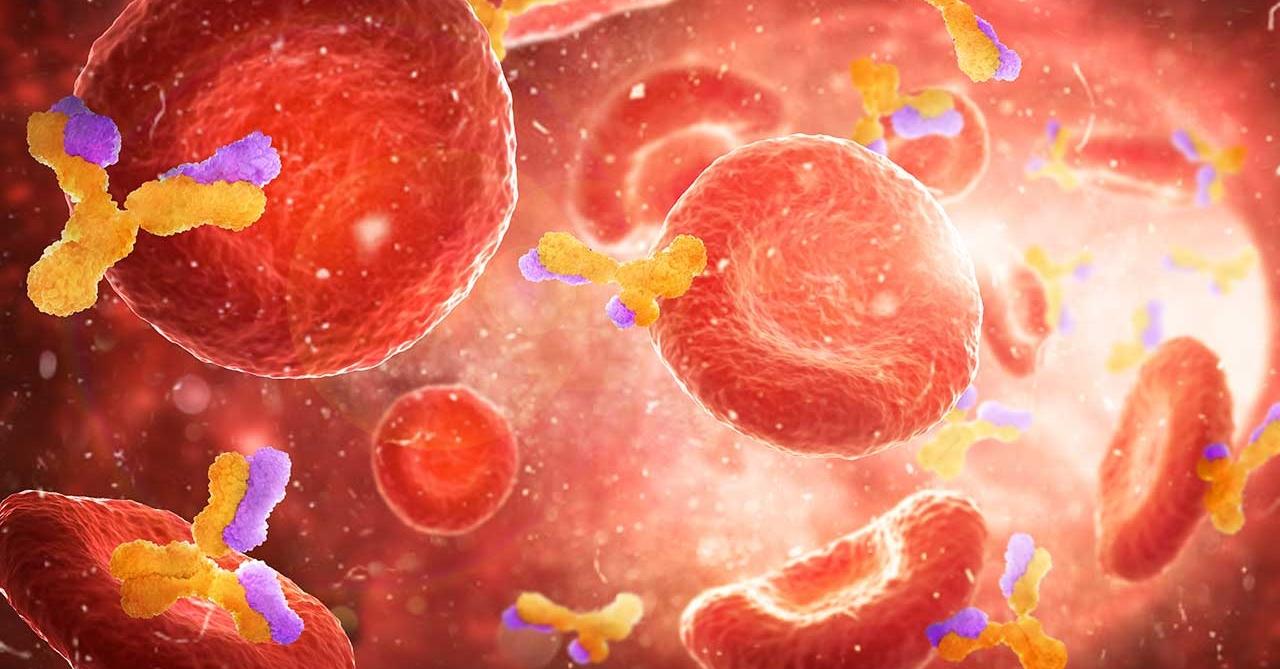Are you curious to know what is gamma globulin? You have come to the right place as I am going to tell you everything about gamma globulin in a very simple explanation. Without further discussion let’s begin to know what is gamma globulin?
Within the intricate and diverse realm of the human immune system, gamma globulin plays a crucial role. Often shrouded in medical jargon and complex terminology, gamma globulin is a component of our immune system that is instrumental in protecting our bodies from infections and diseases. In this blog, we will explore what gamma globulin is, its functions, and its significance in maintaining our overall health.
What Is Gamma Globulin?
Gamma globulin, also known as immunoglobulin or IgG, is a type of protein found in the blood plasma. It is one of the five classes of antibodies, each with its unique role in the immune system. Gamma globulin constitutes the majority of antibodies in the human body, making up approximately 70-75% of the total antibody count.
Functions Of Gamma Globulin:
- Immune Defense: Gamma globulin is a key component of our immune system’s defense against pathogens, including bacteria, viruses, and other foreign invaders. It recognizes and binds to specific antigens on these pathogens, marking them for destruction by other immune cells.
- Antibody Production: Gamma globulin is produced by specialized white blood cells known as plasma cells in response to infection or vaccination. These antibodies are tailored to recognize and neutralize specific pathogens encountered by the body.
- Immunity Transfer: Infants receive a passive form of immunity from their mothers through the placenta before birth and breast milk after birth. This passive immunity is primarily mediated by maternal gamma globulins, which provide protection until the infant’s immune system matures.
- Long-Lasting Protection: Gamma globulin, particularly IgG antibodies, provides long-lasting immunity against specific pathogens. Memory B cells store information about past infections, enabling the immune system to produce IgG antibodies more rapidly upon re-exposure to the same pathogen.
- Autoimmune Regulation: Gamma globulin can help regulate the immune system by controlling the body’s response to self-antigens. In autoimmune disorders, where the immune system mistakenly attacks healthy tissues, gamma globulin therapy may be used to suppress the immune response.
Significance In Health And Medicine:
- Protection Against Infections: Gamma globulin plays a vital role in protecting the body against infections. People with deficiencies in gamma globulin production may be more susceptible to recurring infections and may require immunoglobulin replacement therapy.
- Treatment of Immune Disorders: Gamma globulin therapy, which involves the administration of immunoglobulin preparations, is used to treat various immune disorders, including primary immunodeficiency diseases, autoimmune conditions, and certain neurological disorders.
- Vaccination: The production of gamma globulin is stimulated by vaccines, helping the immune system build immunity against specific diseases without causing illness.
Conclusion:
Gamma globulin, or immunoglobulin, is a fundamental component of our immune system, serving as the body’s defense against a wide range of pathogens. Its role in recognizing, binding to, and neutralizing harmful invaders is essential for maintaining our health and well-being. Whether naturally produced by our immune system or administered as a therapeutic treatment, gamma globulin plays a pivotal role in our body’s intricate defense mechanisms, safeguarding us against infections and contributing to our overall health.
Get Information About Advantages On Mainadvantages.
FAQ
What Is The Function Of Gamma Globulin?
Gamma globulins play a vital role in our immune systems, protecting our bodies from foreign substances including toxins, bacteria, viruses, and other harmful organisms. Many gamma globulins are classified as immunoglobulins (Ig), also known as antibodies.
What Does It Mean If Your Gamma Globulin Is High?
Increased gamma globulin proteins may indicate: Blood cancers, including multiple myeloma, Waldenström macroglobulinemia, lymphomas, and chronic lymphocytic leukemias. Chronic inflammatory disease (for example, rheumatoid arthritis)
What Does It Mean When Gamma Globulin Is Low?
Low levels of gamma globulins suggest the under-production of antibodies as found in certain genetic diseases (bubble boy agammaglobulinemia) and leukemia. Other tests can more accurately identify which fraction or sub-component of gamma globulins may be abnormal (protein immunofixation, free kappa or lambda chains).
Why Would Someone Need A Gamma Globulin Shot?
Gamma globulin injections are usually given in an attempt to temporarily boost a patient’s immunity against disease. Injections are most commonly used on patients having been exposed to hepatitis A or measles, or to make a kidney donor and a recipient compatible regardless of blood type or tissue match.
I Have Covered All The Following Queries And Topics In The Above Article
What Is Gamma Globulin
What Is Gamma Globulin Used For
What Is The Function Of Gamma Globulin
What Is Gamma Globulin In Blood Test
What If Gamma Globulin Is High
What Is A Gamma Globulin
What Is Low Gamma Globulin
What Is Considered Low Gamma Globulin
What Is Gamma Globulin Therapy
What Is Gamma Globulin Blood Test
Gamma Globulin What Is It
What Is Gamma Globulin Injection
What Is Bovine Gamma Globulin
What Is Gamma Globulin Polyclonal
Cvid What Is A Low Gamma Globulin Read
What Is Glutathione V Gamma Globulin
What Is Gamma Globulin
What are gamma globulins?
